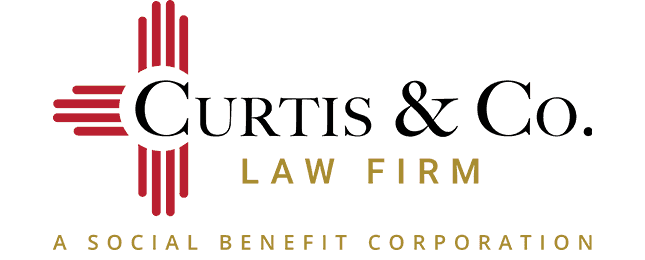Pediatric medical malpractice cases can be daunting and complex and can quickly spiral downward. As a parent, having to navigate these cases after your child gets injured at the hands of medical professionals is heartbreaking. One of the crucial factors that come into play in these cases is negligent supervision.
What is Negligent Supervision?
Negligent supervision refers to the failure of healthcare professionals to supervise or oversee a child's care adequately. Poor or negligent supervision can be due to staffing issues, inadequate healthcare protocols, and/or lack of resources.
Negligent Supervision in Pediatric Medicine
Pediatric medicine is different from adult medicine. Children are more vulnerable to medication errors, and their bodies react differently to treatments. The role of negligent supervision in pediatric medical care is essential because healthcare providers must exercise greater care while treating children. Poor care in this context can have a detrimental effect on a child's future health and well-being.
Examples of Negligent Supervision
Examples of neglected supervision in pediatric medical care include everything from not screening for pre-existing conditions to failing to monitor vital signs while administering anesthesia. Here are a few common examples:
1. Failure to monitor a child's medication.
Children often require medication to manage their conditions and illnesses, and it is the responsibility of medical professionals to ensure that they are receiving the correct dose at the right time. Neglecting to monitor a child's medication can lead to a variety of issues, including overdose or undertreatment, which can have severe consequences.
2. Failure to follow up on test results.
Diagnostic tests are a critical part of pediatric medicine, as they help medical professionals identify conditions and develop treatment plans. However, failing to follow up on test results can lead to delayed diagnosis and treatment, which can significantly impact a child's health and well-being.
3. Failure to supervise medical procedures.
Medical procedures are often necessary to treat a child's condition or illness, but they can also be risky. It is the responsibility of the medical professionals to ensure that the procedure is performed correctly and that the child's safety is prioritized. Neglecting to supervise medical procedures can lead to complications, infections, and other adverse outcomes.
4. Failure to recognize and respond to warning signs.
Children often exhibit physical and non-physical signs of distress, which medical professionals must recognize and act upon. Neglecting to recognize and respond to these warning signs can lead to delayed treatment, worsening conditions, and even death.
Consequences of Negligent Supervision
Injuries from negligent supervision can be long-lasting and severe, leading to disabilities and even death. Families may suffer financial loss, emotional trauma, and a general loss of trust in healthcare institutions.
Albuquerque Pediatric Malpractice Attorneys
Negligent supervision in pediatric medicine is a serious problem that can harm vulnerable patients. If your child suffered harm due to negligent supervision, it is essential to seek legal advice and pursue rightful compensation for your child's injury and damages.
At Curtis & Co., we have a long history of representing children, parents, and families who have suffered the devastating, life-altering effects of pediatric malpractice. No matter how serious or complex your case may be, you can count on our team to advocate for you throughout the entire legal process.
Schedule a complimentary case evaluation with a member of our team by calling us at (505) 871-3740 or by submitting a secure contact form through our website.


